Weleda is one of the most sustainable beauty brands on the planet. Here's why
Educate yourself with the need-to-know information.
Educate yourself with the need-to-know information.
Fun fact: did you know Weleda was runner up for best sustainable brand in our recent Marie Claire Skin Awards?
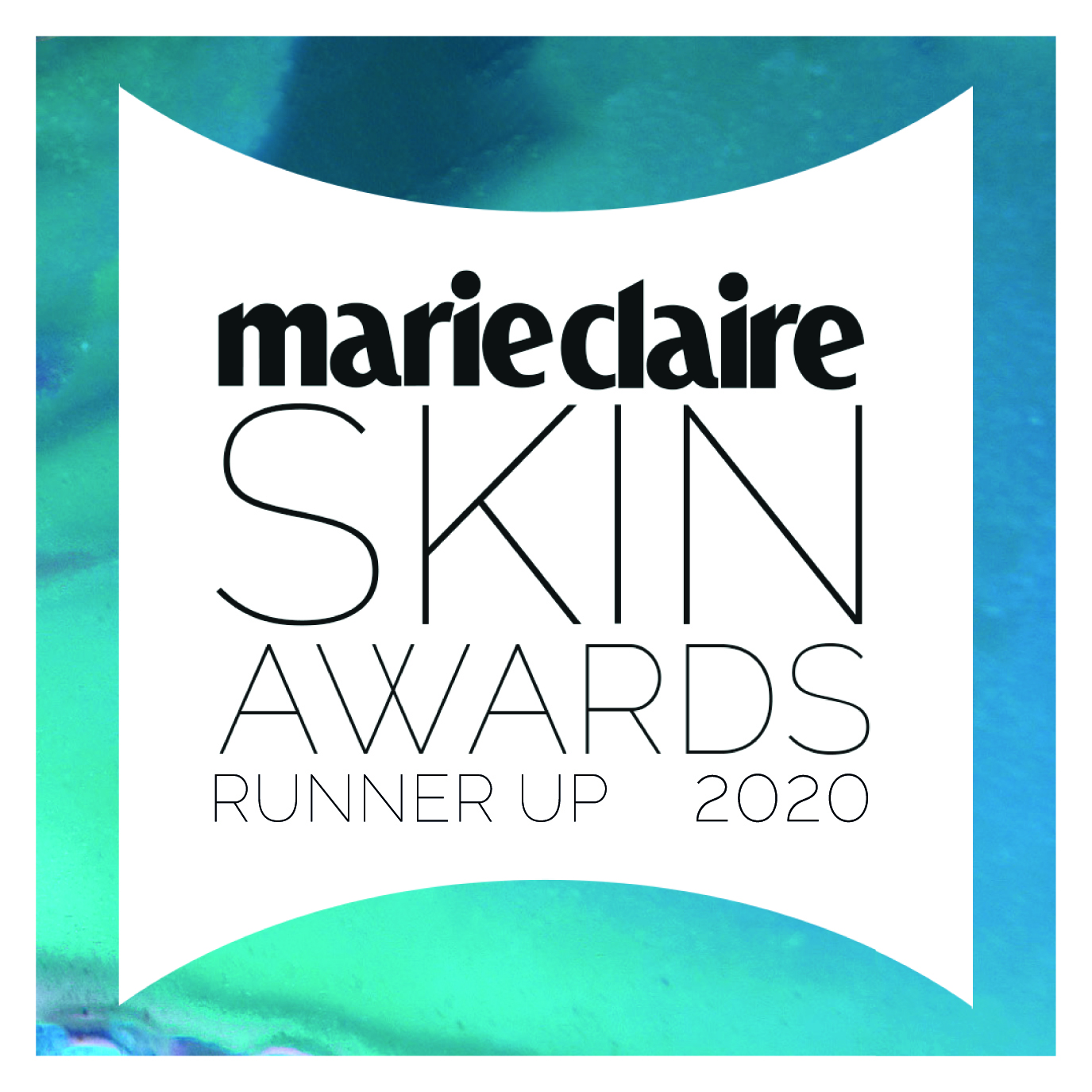
It's not surprising, really. The brand has had sustainability as its core since the day they first launched in 1921. Taking the meaning of a 'pioneering green beauty brand' to the next level, covering all of the steps they're taking to ensure they're giving back is, quite frankly, hard to fit into one article. Sustainability is at the heart of the business and always has been.
Proof in the pudding: For example, they're the first beauty brand in Europe to gain the UEBT 'Sourcing with Respect' credential, an eco-certification that's pretty hard to come by unless you're a company committed to change. Only one other brand in the world has it, so you can see it's a pretty unique achievement, verifying that all ingredients have been sourced sustainably with respect for people and the planet, every step along the supply chain.
In a society where greenwashing and vague eco-pledges are, sadly, all too common, keep reading to find out exactly what steps Weleda is taking, as a brand, to build a healthier planet.
What makes Weleda so eco-friendly?
As Weleda so neatly puts it, 'For a beautiful and healthy world, we must act sustainably.' Hear, hear.
Wondering what exactly it is that makes Weleda so, well, green? It's an approach that impacts every little bit of the business, from giving as much as they take in the form of re-planting, to biodynamic cultivation, to going the extra mile to make their cosmetics eco-friendly.
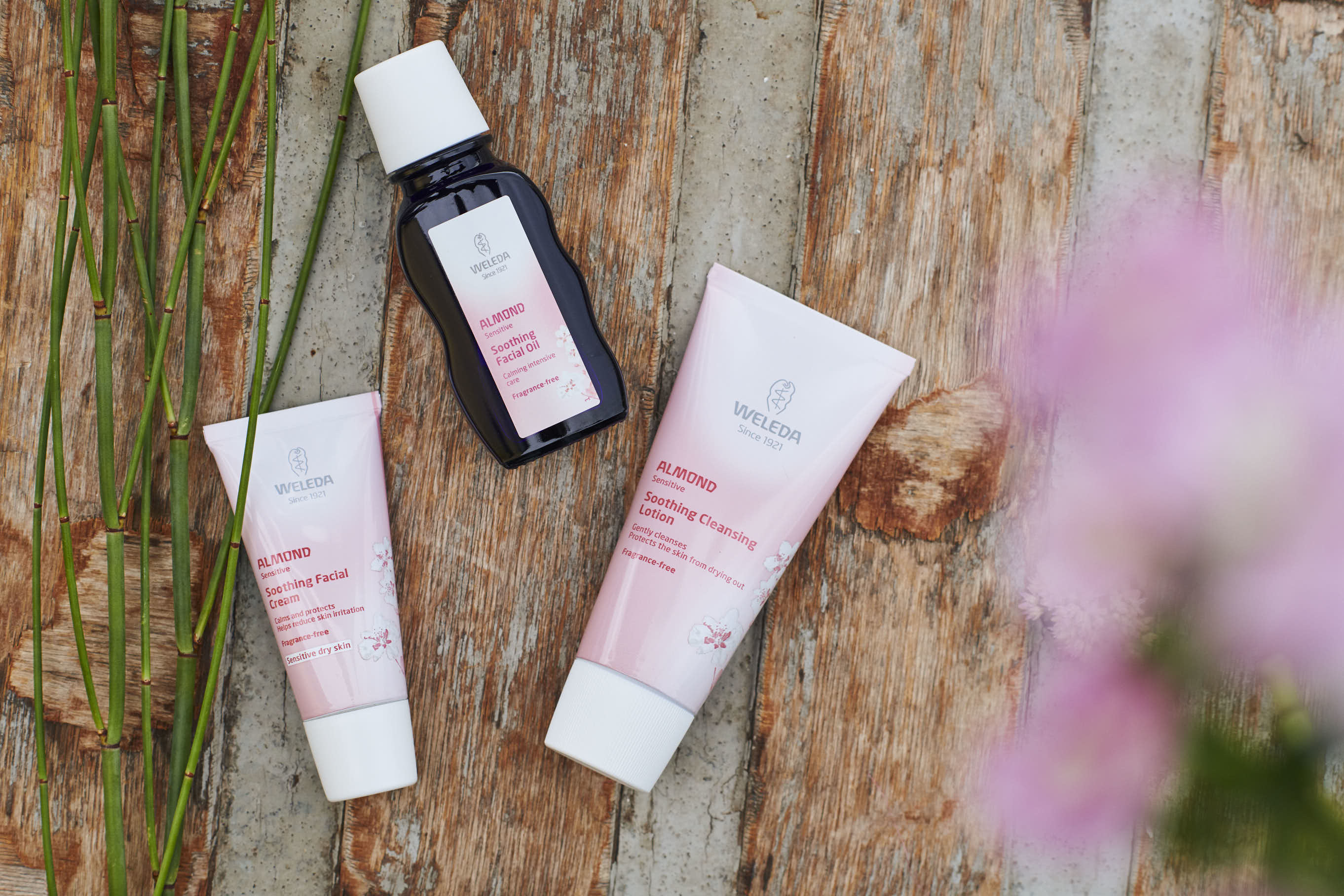
Some quick eco-stats for you:
- Every single one of their natural and organic cosmetics is 100% NATRUE-certified.
- Over 80% of the botanical ingredients in the products are from organic origin.
- With no microplastics, solid or liquid, the range is certified ‘Zero Plastic Inside’.
So how does a company come to be awarded with the highest certification standard for cosmetics anywhere in the world? That little NATRUE seal on the pack guarantees the formulations are made from natural and organic ingredients, with no synthetic ingredients, no mineral oils, petrochemical derivatives or silicones, no microplastic beads or liquid plastics, and no artificial additives of any kind. It means any palm oil used is from certified sustainable origin, and it means, crucially, that when products are washed off, the formulations are biodegradable which is essential for sustainability.
'We make no compromises when it comes to quality,' explains Stefan Siemer, head of corporate sustainability at Weleda.
'The aim is that our children and grandchildren will continue to have the same opportunities as we do now. We don’t want to take everything for ourselves and leave nothing for those who follow', he adds.
That responsibility is threefold: ecological, social and economic.
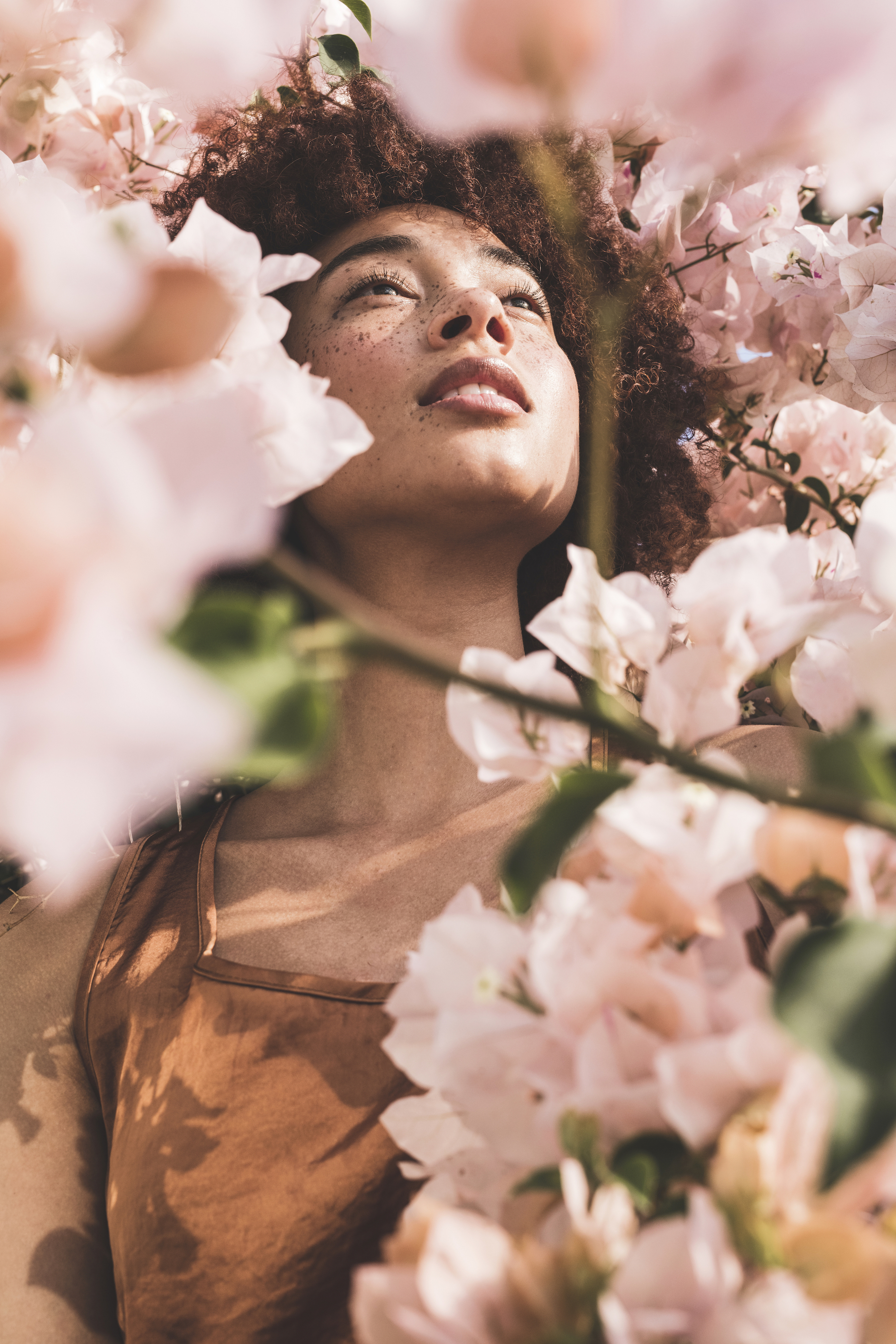
Ecological sustainability
Weleda have their own biodynamic gardens plus 50 or so fair trade farming projects worldwide that support the resilience of the soil, biodiversity and local ecosystems. They also promote organic farming, and work with their farming partners to ensure healthy soils.
Social sustainability
Weleda are passionate about maintaining fair trade with their farming partners, paying fair prices, ensuring safe working conditions, and supporting social projects.
Economic sustainability
And lastly, Weleda have always been candid about their financial affairs, standing debt-free and in a good equity ratio. Weleda is still owned by the not-for-profit organisations created by the company’s founders.
Jayn Sterland, managing director of Weleda UK, explains:
‘Sustainability is about people, planet and profit. At Weleda we balance profit against what is good for the planet – it’s built into our DNA. When we make a decision we ask: is it profitable? Is it right for the planet? Is it right for people?’
Crucially, Weleda also admits where there is room for improvement—and that’s in their packaging. ‘We’re not perfect, but we’re working on it’, Stefan explains. Weleda is working towards a sustainability goal for 2022 that at least 65% of product packaging must come from recycled plastic sources or bioplastics. The company is well on the way to achieving this, with their roll-on deodorant bottles already made from 70% post-consumer-recyclate, Skin Food tubes being made from 50% post consumer waste, and Weleda Baby bottles currently changing to 100% recycled plastic.
Pioneering green beauty since 1921
Weleda has been growing plants organically and creating natural health and wellbeing products for almost 100 years. When Weleda was first founded, climate change was barely recognised, but they've always been passionate about doing business 'in harmony with nature'.
They point out that, as a brand, they have a responsibility to the places where they operate and for the workers who grow, harvest and further process the natural ingredients that make up their products. So, sustainability, for them, is about supporting the eco-systems and people that make business possible. As it should be.
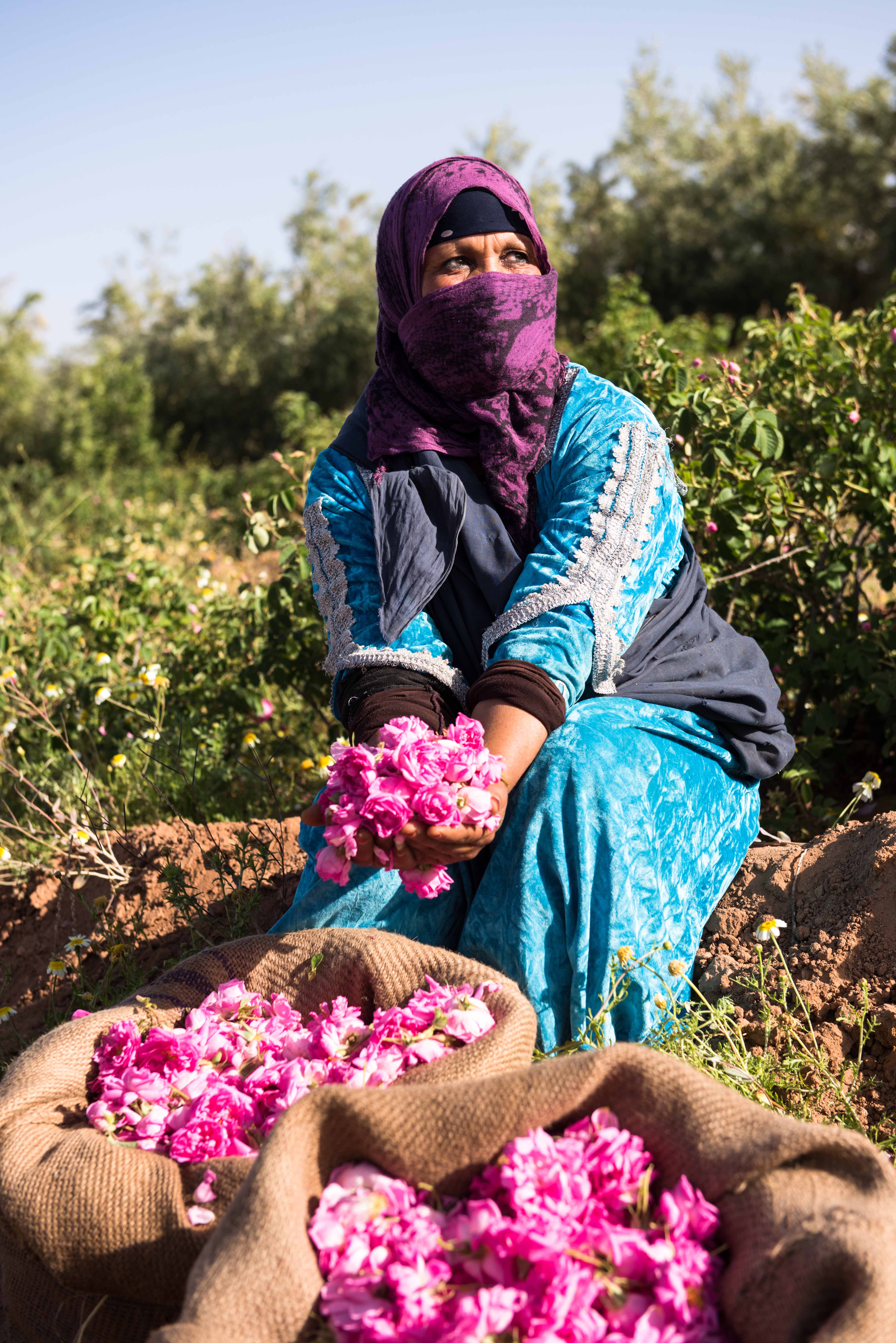
Products from £4.95, weleda.co.uk
For more about the brand, head to weleda.co.uk or, for more information about their environmental impact in particular, check out weleda.co.uk/about-us/sustainability. #YouAreNature
Celebrity news, beauty, fashion advice, and fascinating features, delivered straight to your inbox!

Ally is Marie Claire UK's Senior Health and Sustainability Editor, a well-regarded wellness expert, ten-time marathoner, and Boston Qualifying runner.
Utilising her impressive skillset and exceptional quality of writing, she pens investigative, review and first-person pieces that consistently demonstrate flair and originality.
As well as writing, Ally manages a team of freelancers, oversees all commissioning and strategy for her pillars, and spearheads the brand's annual Women in Sport covers, interviewing and shooting the likes of Mary Earps, Millie Bright, and Ilona Maher. Shortlisted for three BSMEs and winning one in 2022, Ally lives and breathes her verticals: her eye for a story and connections within the wellness sphere are unrivalled. Follow Ally on Instagram for more.
-
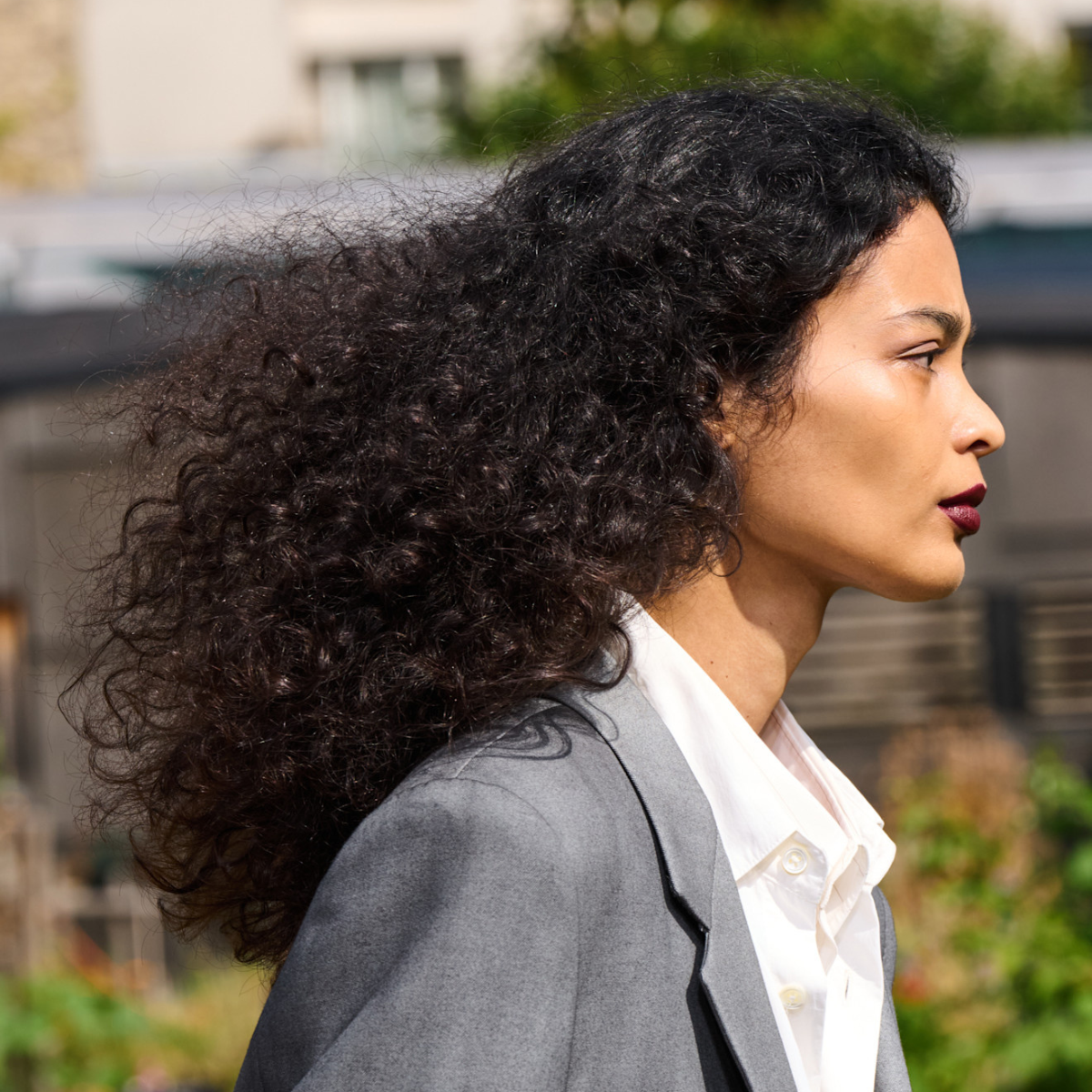 Turns Out, Your Hair Porosity Is Just as Important When Shampoo Shopping as Type and Colour
Turns Out, Your Hair Porosity Is Just as Important When Shampoo Shopping as Type and ColourYour guide to low and high porosity strands
-
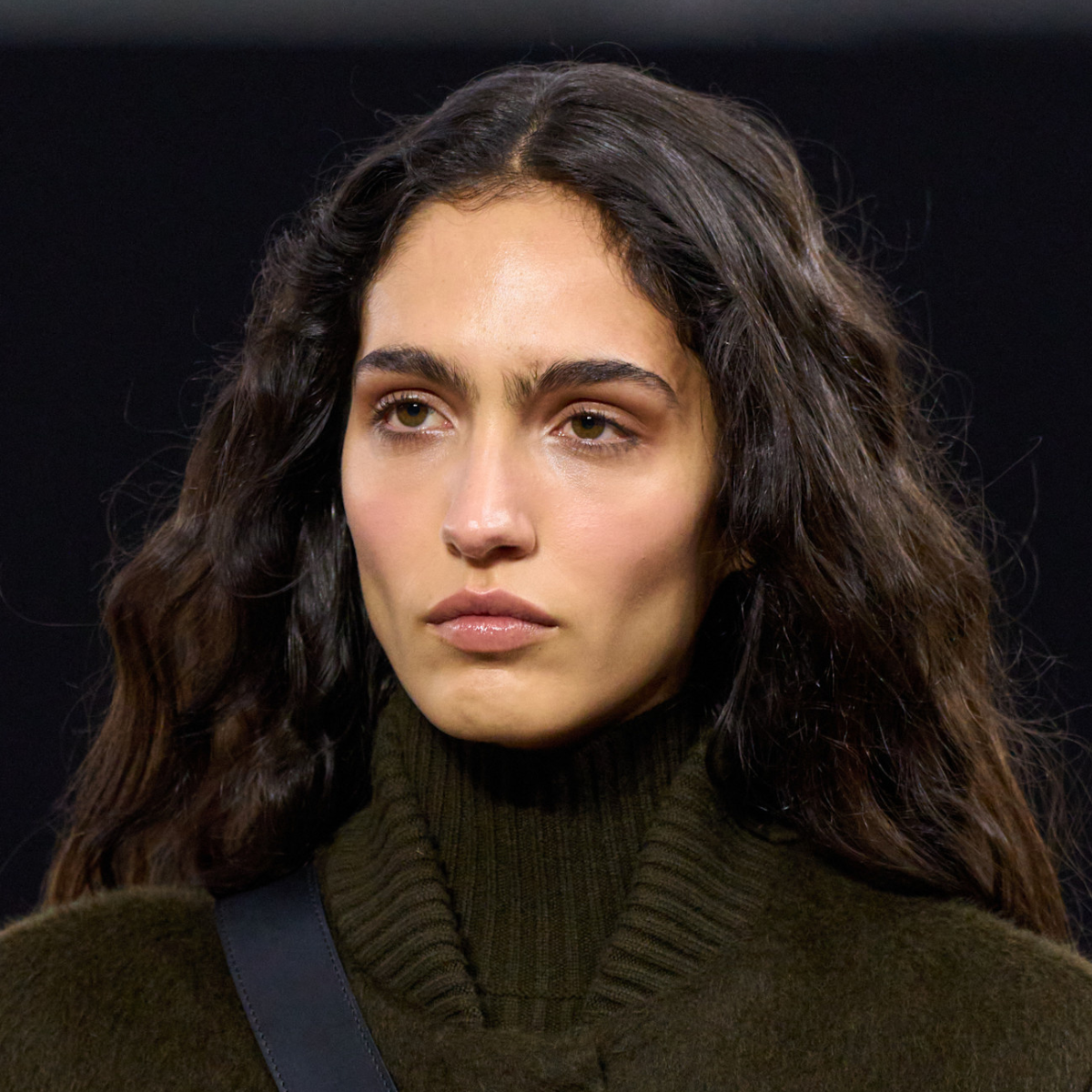 This Is What You Should Be Doing to Rain-Proof Your Hair, According to Experts
This Is What You Should Be Doing to Rain-Proof Your Hair, According to ExpertsPrepare to take notes
-
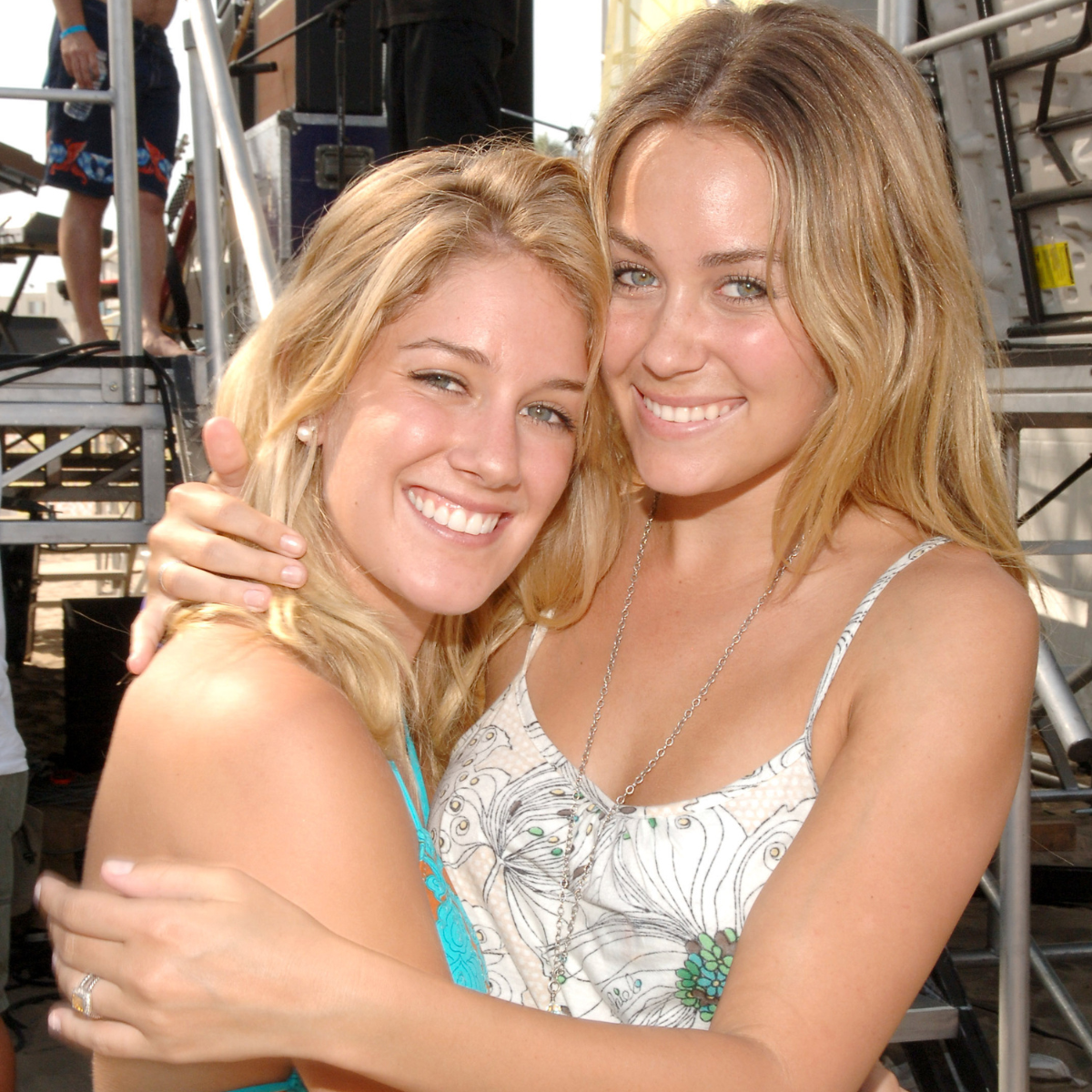 Losing a Friend Is the Breakup No One Warns You About
Losing a Friend Is the Breakup No One Warns You AboutWe have endless language for romantic break-ups, but almost none for the grief of losing a friend.
-
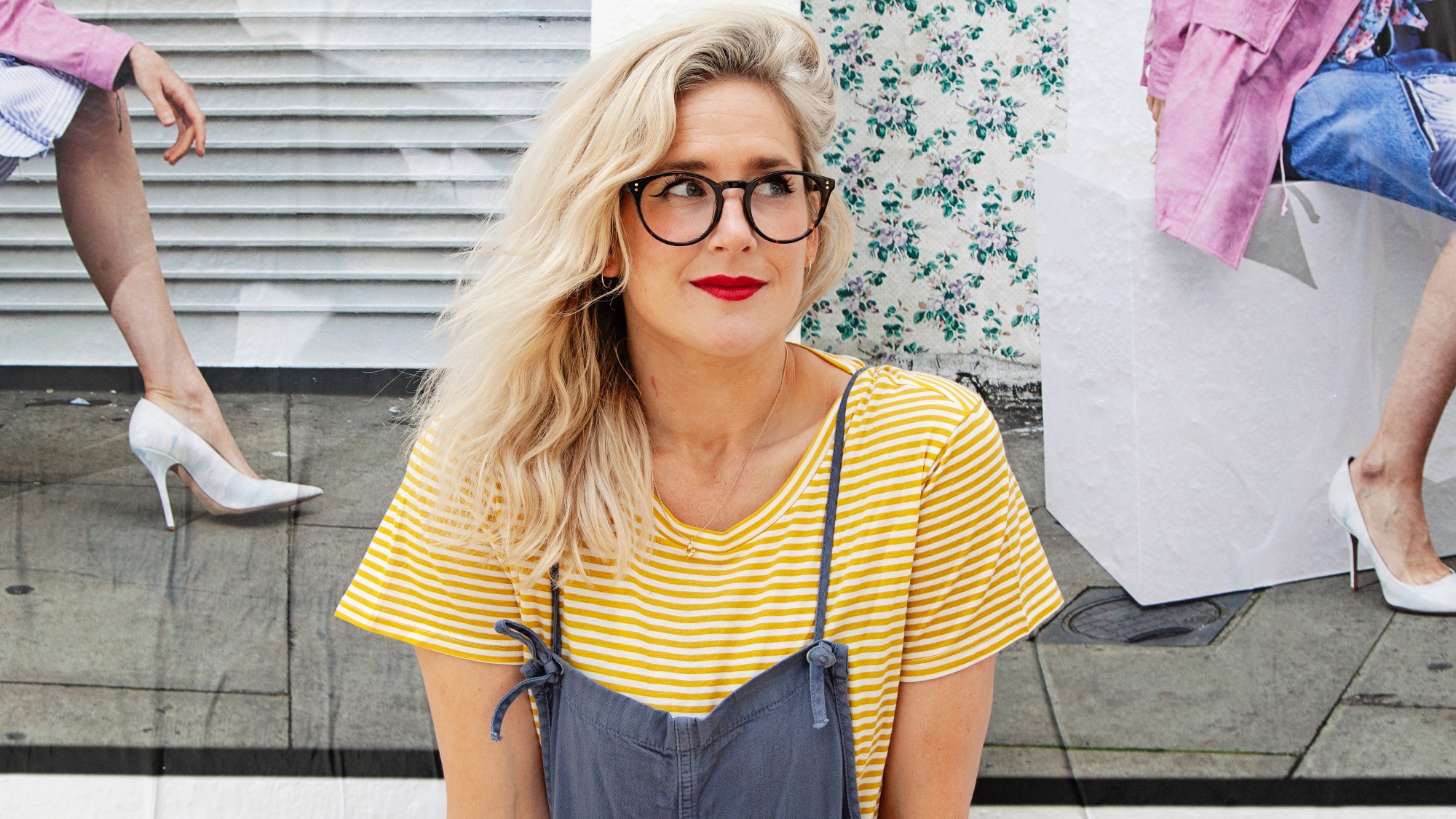 The Power in Ageing: meet the women who have stepped into their power in their forties and beyond
The Power in Ageing: meet the women who have stepped into their power in their forties and beyondFollowing an illuminating report that found that two thirds of women globally feel their confidence and self-esteem are improving as they age, Marie Claire has teamed up with Avon to celebrate the beauty in growing older.
-
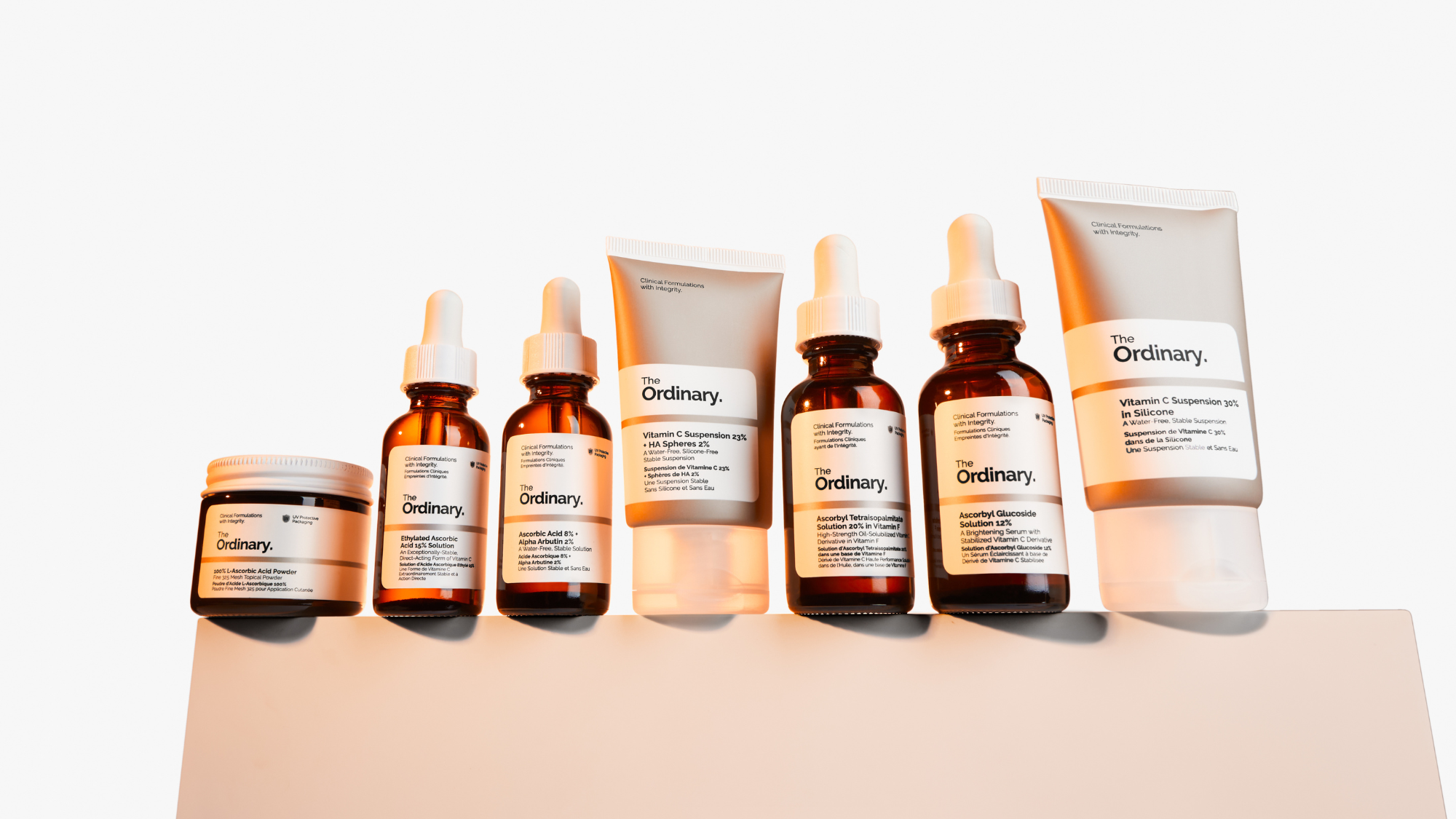 The best The Ordinary vitamin C products for glowing skin
The best The Ordinary vitamin C products for glowing skinIn partnership with The Ordinary
-
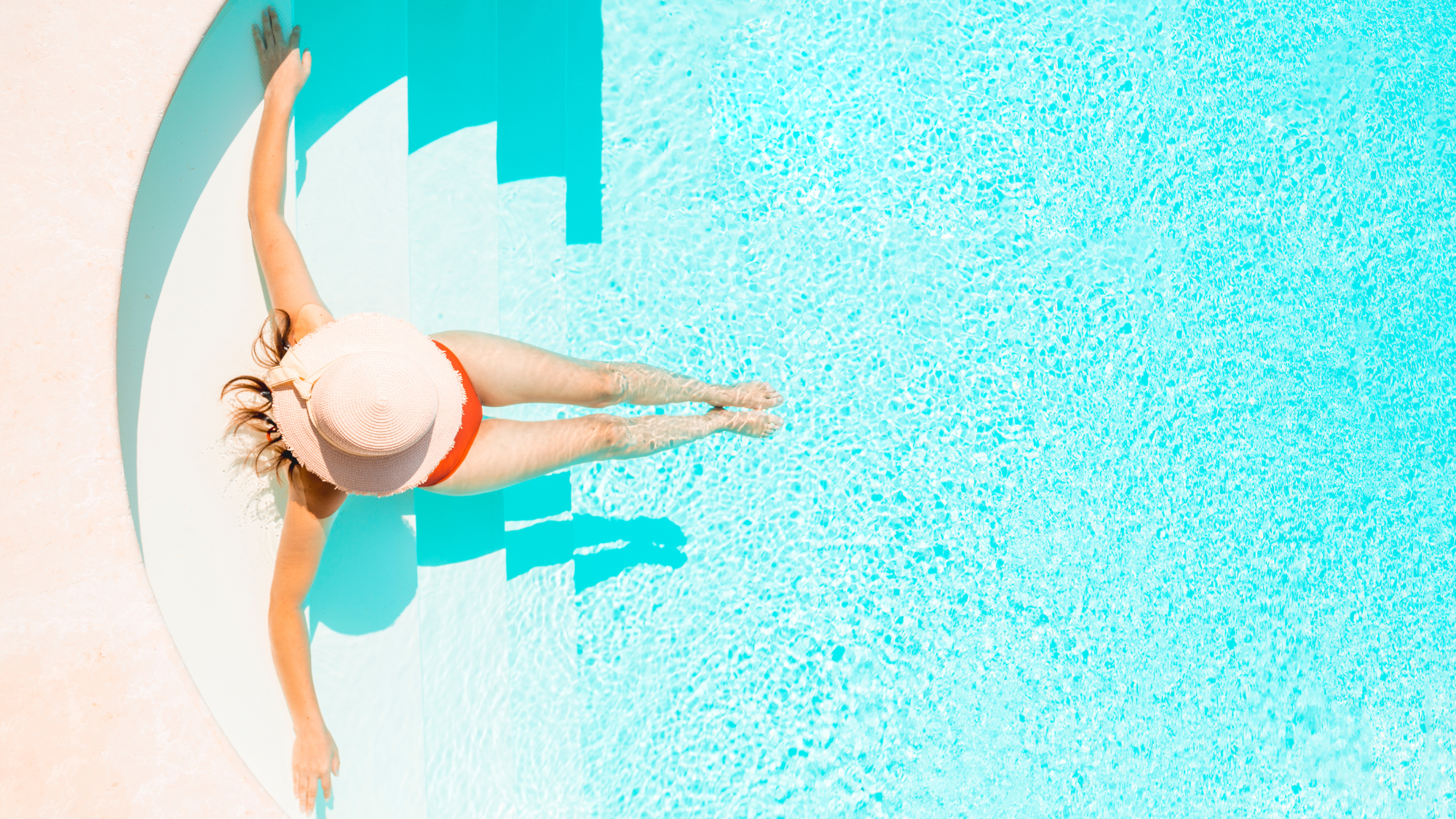 Whether you’re exercising outdoors or lounging by the pool, La Roche-Posay Anthelios UVMUNE 400 SPF50+ has you covered this Summer.
Whether you’re exercising outdoors or lounging by the pool, La Roche-Posay Anthelios UVMUNE 400 SPF50+ has you covered this Summer.In partnership with La Roche-Posay
-
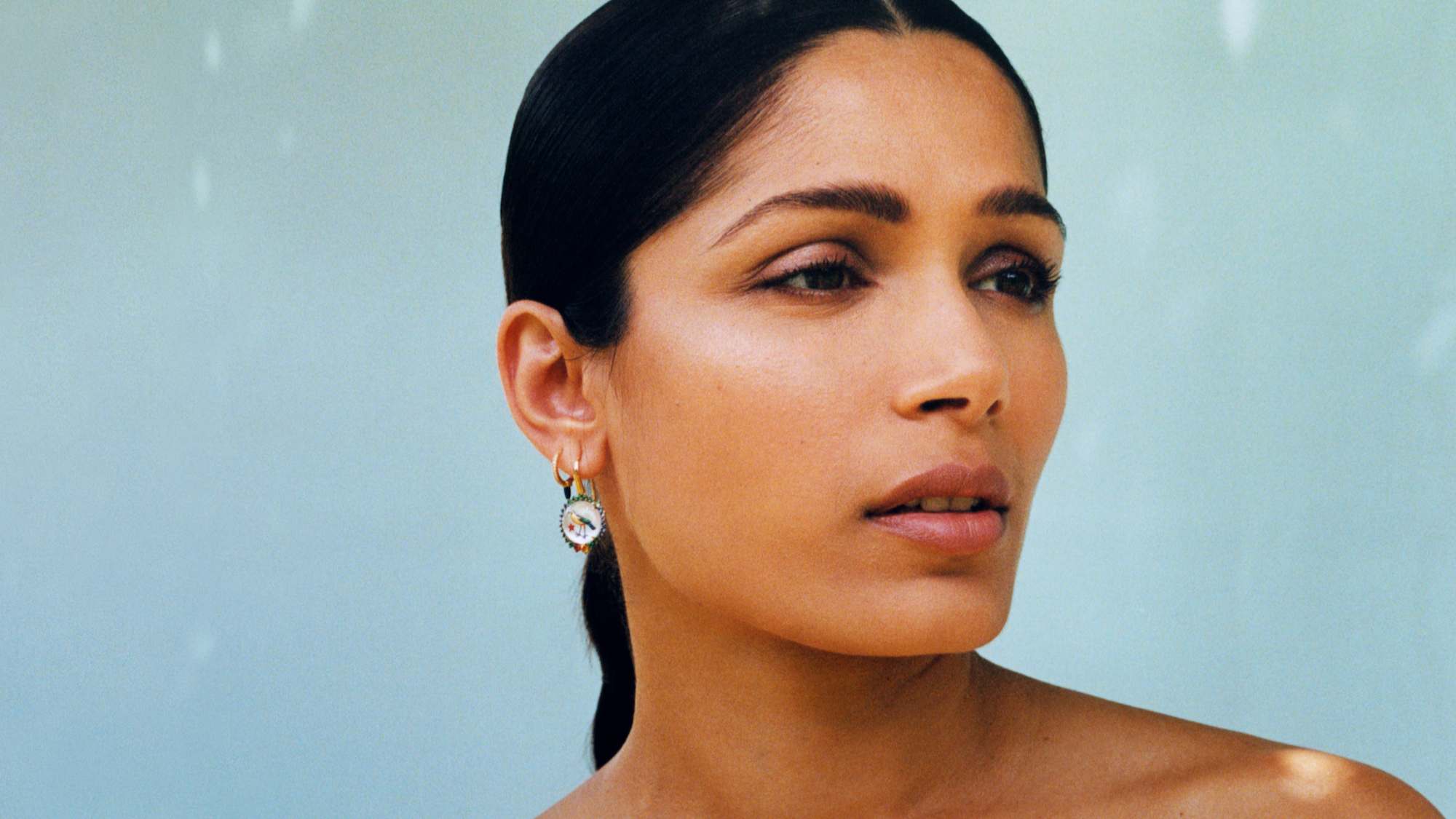 Get Freida Pinto’s pared-back summer makeup look in 5 simple steps
Get Freida Pinto’s pared-back summer makeup look in 5 simple stepsIn partnership with Guerlain
-
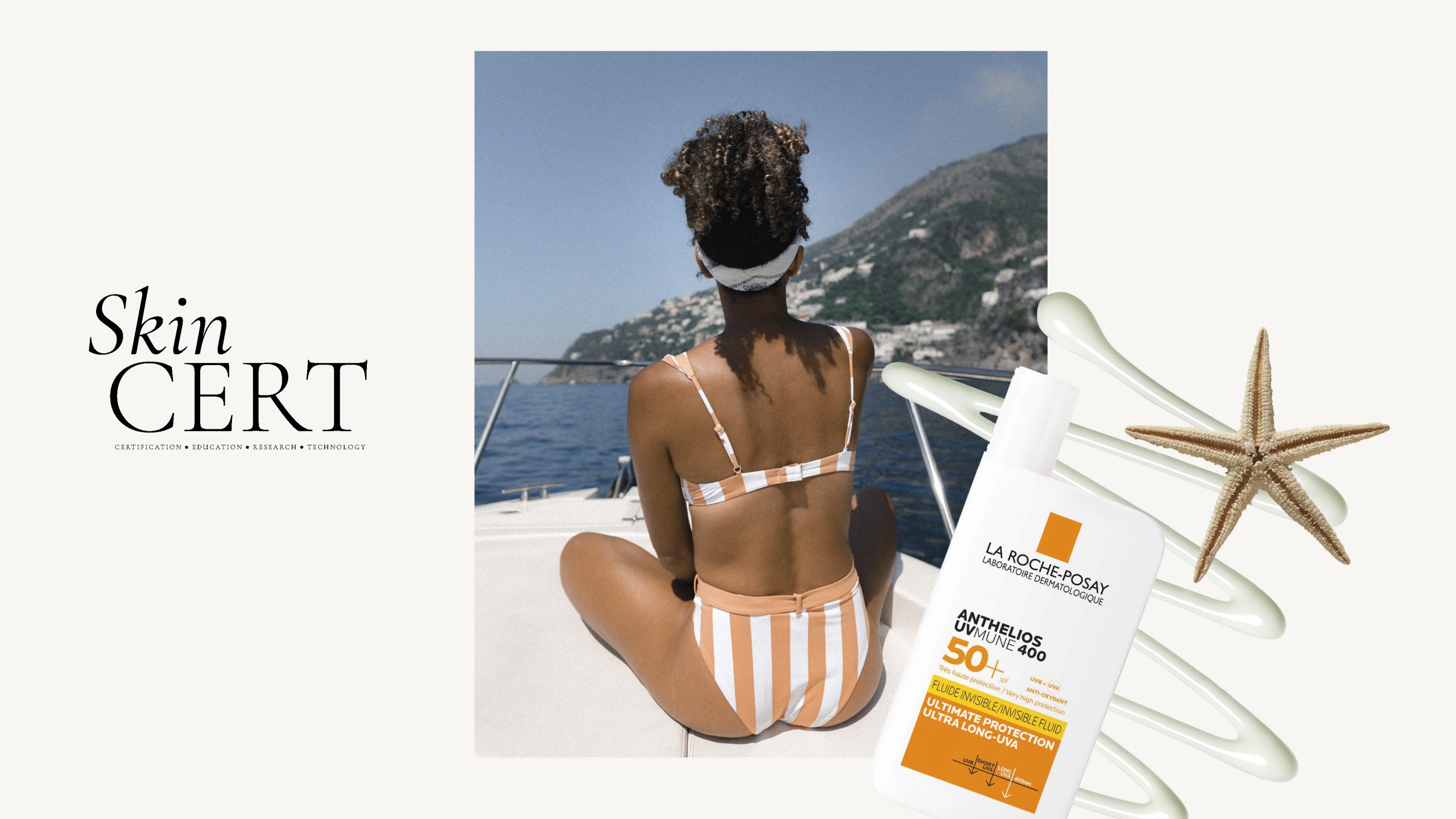 Meet the most high-tech sunscreen to try this summer: La Roche-Posay Anthelios UVMUNE 400 SPF50+
Meet the most high-tech sunscreen to try this summer: La Roche-Posay Anthelios UVMUNE 400 SPF50+In partnership with La Roche-Posay
-
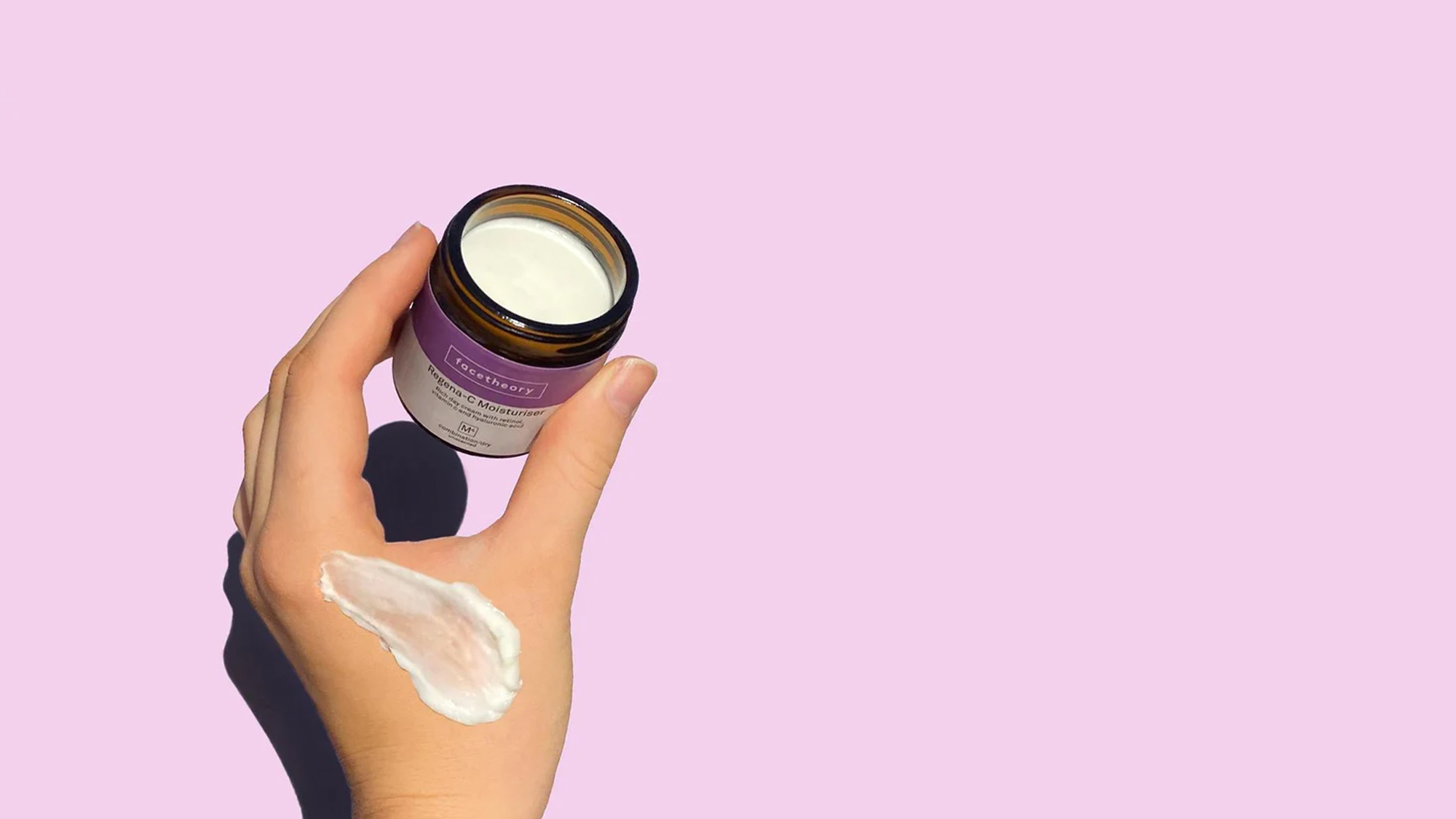 I ordered this moisturiser by mistake and now I can't live without it
I ordered this moisturiser by mistake and now I can't live without itWith thousands of five-star reviews, these are the anti-ageing buys real people are really raving about...
-
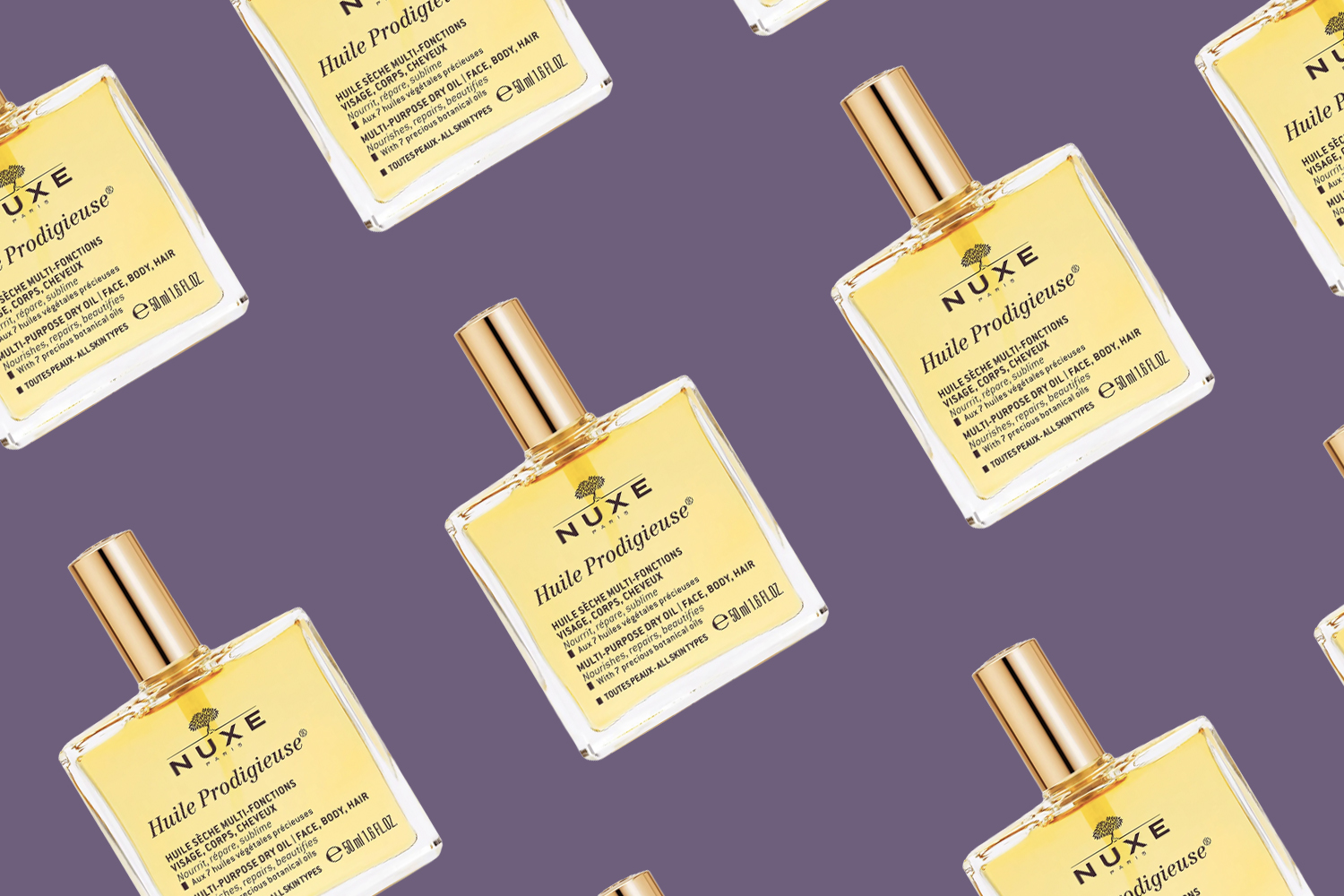 Save 15% at Nuxe, this is what our beauty editor is stocking up on
Save 15% at Nuxe, this is what our beauty editor is stocking up onDid we mention we have a discount code?
-
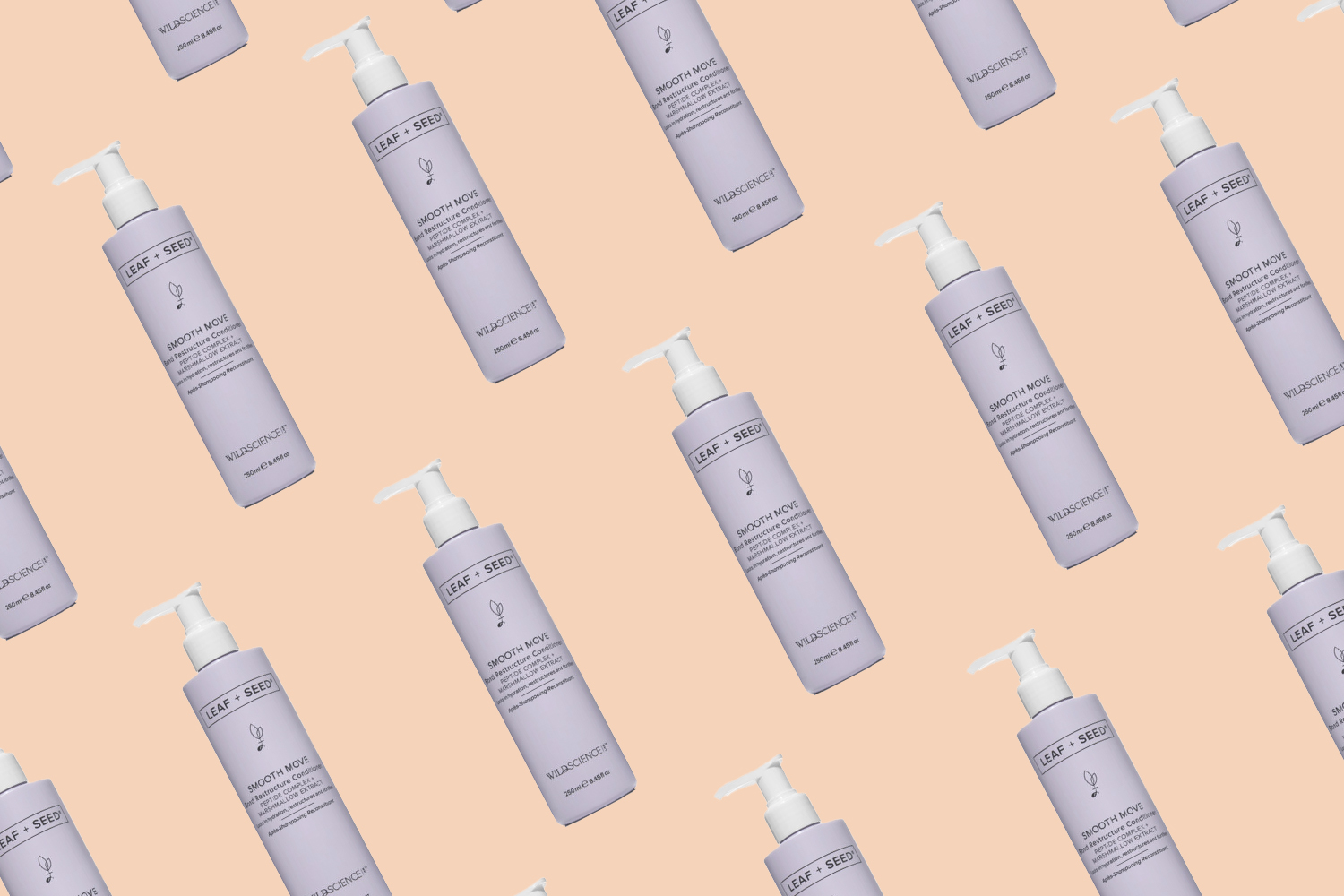 This £12 conditioner bought my frazzled hair back to life
This £12 conditioner bought my frazzled hair back to lifeWe've got an exclusive discount code, so there's never been a better time to stock up on your new hair hero
